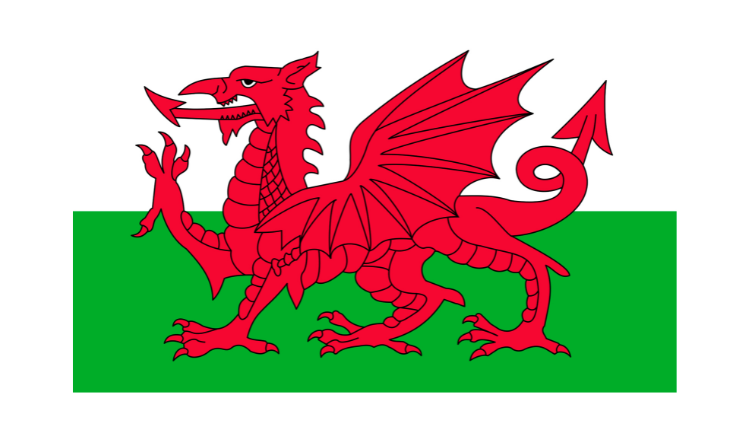By Zara Smith
World Kindness on 13 November 2024 is the perfect time for early years professionals to reflect on the positive impact of kindness, the science positive benefits behind kindness and the important role we play in modelling it for the children we care for and also for those we work with.
The science of kindness
Research into the science of kindness has shown that undertaking just one random act of kindness a day, will result in your body being flooded with hormones such dopamine, oxytocin, serotonin and endorphins, all of which help to make you calmer, healthier and happier.
- Oxytocin, sometimes referred to as the ‘love hormone’ or ‘cuddle chemical’, plays an important role in forming social bonds and trusting other people. It’s the hormone mothers produce when they breastfeed, cementing their bond with their babies and is sometimes also called the hugging hormone because we produce it when we hug. It also prompts the release of nitric acid which dilates blood vessels thereby reducing blood pressure and making us healthier.
- Dopamine, sometimes called a ‘Helpers High’ and is part of the internal reward system, playing a part in pleasurable reward and motivation. It helps us to feel happy, motivated, alert and focused. Dopamine is released when we are doing something pleasurable.
- Serotonin is a neurotransmitter that helps to regulate mood and helps people to feel more relaxed. It also plays a key role in sleep, digestion and helping wounds to heal. It is produced when receive affectionate contact with others such as a hug, think positively, exercise and have regular contact with nature.
- Endorphins are a natural pain killer and mood booster. The human body produces these in response to several things including undertaking or being the recipient of a genuine act of kindness.
‘Neurons that fire together, wire together’ – Donald Hebb
As early years professionals we are already aware of the importance of strong emotional bonds and the positive impact they have on children’s early development. Work, such as John Bowlby’s attachment theory, shows us that children are born biologically prepared to form strong attachments with caregivers, because this helps them to survive.
When a child has a new experience, a neural pathway is created in their brain. In young children, millions of these pathways are created every minute. When a child experiences kindness and gratitude, a positive neural connection is made. Neuroscience has shown us that once a neural pathway has been created, if the experience that created it is repeated, it strengthens it and creates lifelong neural connections. This means that children who experience kind, caring, nurturing relationships, develop a secure attachment with caregivers and strong tendencies for kindness, compassion and gratefulness.
Psychologist Albert Bandura’s theory tells us that behaviours, beliefs and attitudes are learnt by observing the actions others, the consequences the experience and their emotional reactions that follow and then coping and imitating what has been observed. As early years professionals we will have seen young children copying the language, behaviour and actions of the adults about then. This is also true of your team members who will take their cues and signals from you and your behaviour. It is therefore essential that you are demonstrating the behaviours and qualities you want to see in the children and your colleagues– integrity, honesty, openness and kindness.
By modelling, encouraging and valuing kindness you support children to develop the building blocks for the personal, social and emotional skills that they will need to develop and grow throughout their life. Kindness towards your colleagues helps your staff team to feel valued and happy. Happy team members are better able to create stronger working relationships, which results in motivated and passionate teams.
Kindness is contagious -those who receive an act of kindness, as well as those witness it, also benefit from a rush of the beneficial hormones and the feelings that they create within.
"People will forget what you said. People will forget what you did. But people will never forget how you made them feel"
Maya Angelou
As early years professionals it is important that we model kindness at every opportunity, to support children to develop these key skills. The smallest, simplest of adjustments to our behaviour can have a huge impact. Consider the following ideas:
- Model empathy and kindness
- Labelling and celebrate kind acts and words so children can recognise kindness and see that it is valued
- Label the emotions that children experience
- Using open ended prompts to help children think compassionately and consider others- ‘I wonder what might help your friend feel happier?’
- Encouraging children to engage in small acts of kindness, acknowledge and praise these acts– ‘Thank you for handing out the plates. That was kind and helpful.’
- Use books and stories to promote kindness
How are you going to support the children you care for to develop kindness, consideration and compassion?
Remember kindness costs nothing but can give significant reward for both the giver and the receiver. I will leave you with this thought from the Dalai Lama…
"Be kind whenever possible. It is always possible."
Dalai Lama
Further reading and information:
- The Random Acts of Kindness Foundation | The Science of Kindness
- The Biology and Contagiousness of kindness (mykajabi.com)
- How Neurons That Wire Together Fire Together – Neuroscience News
- Albert Bandura Biography, Theories, and Impact – Explore Psychology
- John Bowlby’s Attachment Theory (simplypsychology.org)



